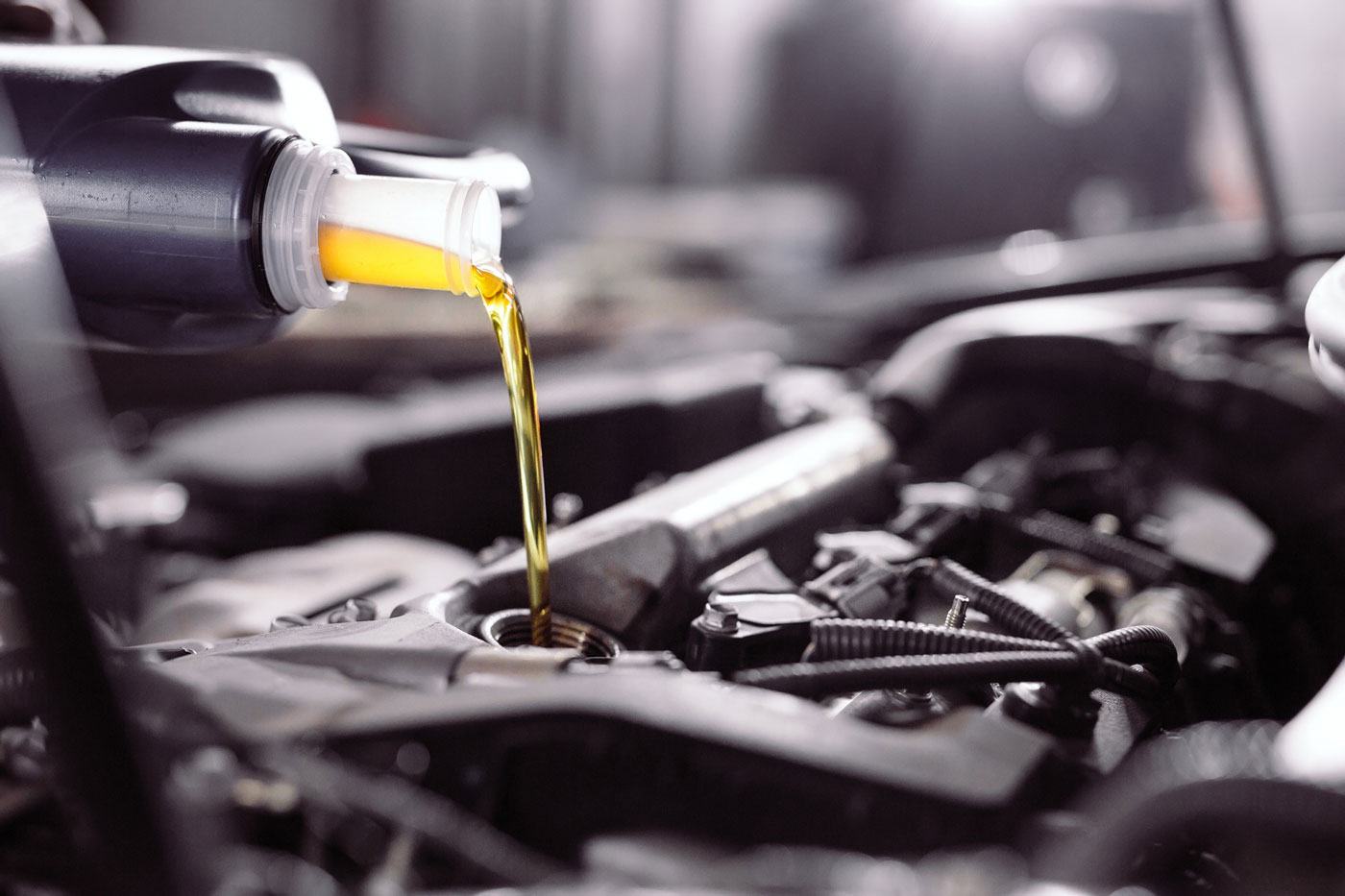
As electric vehicles (EVs) continue to revolutionize the automotive industry, they bring with them unique demands for lubrication and thermal management. Unlike traditional internal combustion engines (ICEs), electric drivetrains operate under different conditions, requiring specialized lubricants to ensure efficiency, durability, and performance. In this article, we explore the emerging lubrication solutions specifically designed for electric vehicles, a rapidly growing segment of the automotive market.
Traditional lubricants designed for ICE vehicles are inadequate for electric drivetrains, which feature distinct operating conditions. Key differences include:
– Temperature Management: Electric motors and batteries generate significant heat during operation, necessitating lubricants that provide efficient thermal management to prevent overheating.
– Low Friction for Enhanced Efficiency: EV drivetrains require lubricants that minimize friction in gears and bearings to maximize energy efficiency and range.
– Electrical Compatibility: Lubricants must possess dielectric properties to ensure they do not interfere with the electrical components of the vehicle, such as sensors and electronics.
– Low Noise, Vibration, and Harshness (NVH): EVs are typically quieter than traditional vehicles, which means even minor gear noise and vibration become more noticeable. Lubricants that reduce NVH are essential for a smoother ride.
Recognizing these unique requirements, lubricant manufacturers are developing specialized formulations for electric vehicles. Some key advancements include:
– E-Transmission Fluids: These fluids are specifically designed for electric vehicle transmissions, offering enhanced thermal stability, excellent wear protection, and the ability to work under high torque and load conditions typical of electric drivetrains.
– Coolants for Battery and Electric Motors: Effective cooling is critical for the longevity and performance of EV batteries and motors. New coolants are being developed to offer high thermal conductivity, low viscosity, and dielectric properties that protect sensitive electronic components.
– Greases for EV Bearings: Bearings in electric motors and e-axles require greases that reduce friction, resist high temperatures, and handle high-speed operations. EV-specific greases are formulated to address these needs, contributing to longer bearing life and improved efficiency.
With EVs, thermal management is critical to ensuring optimal performance and preventing overheating. Advanced lubricants with superior thermal properties are crucial in managing the heat generated by electric motors and batteries. These lubricants help maintain efficiency, extend component life, and support high-speed operations, making them integral to overall vehicle reliability.

One of the biggest challenges for EVs is extending range without sacrificing performance. Advanced lubrication solutions contribute to this goal by reducing internal losses due to friction and wear. By using lubricants that minimize energy losses, manufacturers can improve drivetrain efficiency, resulting in longer ranges for electric vehicles. In addition, advanced lubricants contribute to the durability and longevity of EV components, further optimizing vehicle performance over time.
Electric vehicles are lauded for their lower environmental impact, and the lubricants designed for them are no exception. Many new EV lubricants are formulated with a focus on sustainability, including biodegradable and low-toxicity formulations. These products align with the broader goal of reducing the carbon footprint associated with transportation and are designed to meet the stringent environmental standards often associated with EV production and operation.
While significant progress has been made in developing advanced lubrication solutions for electric vehicles, challenges remain. Continuous research is needed to address issues such as compatibility with new materials, optimizing lubricant lifespan, and further enhancing thermal management properties. As the EV market continues to grow, so too will the demand for innovative lubricant solutions that meet the evolving needs of electric mobility.
Conclusion
As electric vehicles reshape the automotive landscape, advanced lubrication solutions are playing a critical role in ensuring their efficiency, reliability, and performance. From specialized transmission fluids to innovative coolants and greases, the development of EV-specific lubricants reflects the industry’s adaptation to the demands of electric mobility. These advancements not only support the operational needs of EVs but also align with the broader goals of sustainability and reducing the environmental impact of transportation. As the market for electric vehicles grows, so will the importance of innovative lubrication technologies that meet the challenges of this rapidly evolving sector.